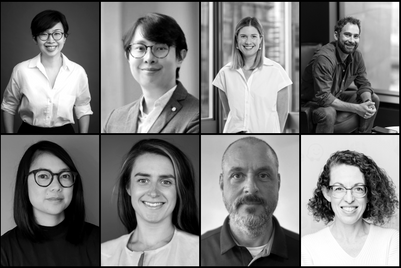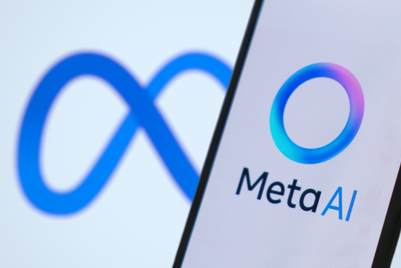
Facebook parent company Meta has announced plans to launch a Singapore-focused AI incubator programme which will support 100 enterprises to deepen their understanding of GenAI and Llama, Meta's open-source AI model.
Announced by Nick Clegg late last week, president of global affairs at Meta, at Meta’s APAC headquarters in Singapore, this new long-term programme will empower companies and developers to integrate Llama into their products.
Initially, the programme will help connect 20 participants with technical and business experts who will mentor them as they develop, refine and launch Llama-powered solutions for their businesses.
The initiative will be supported by the Digital Industry Singapore (DISG) and is aligned with Singapore’s National AI Strategy 2.0 (NAIS 2.0) to promote the development and adoption of AI by businesses and startups.
"By empowering local enterprises with both technical expertise and mentorship, this initiative fosters innovation and helps businesses unlock new opportunities through AI," said Philip Gomez, executive director of DISG. "We are proud to collaborate with Meta in this programme, which aligns closely with our National AI Strategy 2.0 to deepen AI capabilities and ensure that Singapore remains a key hub for AI development in the region.”
Meta has been promoting AI innovation globally through a variety of initiatives, including collaborations with governments, AI groups, innovation incubators, and others. The company gave out Llama Impact Innovation Awards to startups globally who used Llama 2 or 3 as a core component of their work to tackle social good challenges. The National University of Singapore's AiSee won an award for producing an affordable wearable assistive gadget to let visually impaired persons ‘see’ using AI.
Meta announces Movie Gen
Meanwhile, Meta is continuing its investment in AI products and last Friday, provided a first look at its 'Meta Movie Gen' model. The new AI-powered video generator lets people create short videos, complete with audio, from text prompts and photos.
Meta has described the model as a ‘breakthrough’ when it comes to using an AI engine to produce video and audio. Movie Gen uses text inputs to produce custom videos and sounds, edit existing videos, and even transform personal images into unique videos. One example provided by the company shows a still headshot of a man; the accompanying video shows him working in a laboratory as a lab technician.


Meta said in a blog post that they have trained their Movie Gen model on a combination of licensed and publicly available datasets, but have not specified which datasets. And while they are excited about the potential use cases for these foundation models, Meta stresses that generative AI isn’t a replacement for the work of artists and animators.
"We’re sharing this research because we believe in the power of this technology to help people express themselves in new ways and to provide opportunities to people who might not otherwise have them,” said a Meta spokesperson. “Our hope is that perhaps one day in the future, everyone will have the opportunity to bring their artistic visions to life and create high-definition videos and audio using Movie Gen."
AI image-generators have sparked significant concerns regarding ownership and potential misuse, and these issues have intensified with the rise of AI video generators. Reports reveal that the AI startup Runaway trained its video generator on thousands of YouTube videos scraped without permission, which YouTube CEO Neal Mohan has stated violates the platform's terms of service.
Creatives such as filmmakers, photographers, artists, writers, and actors are increasingly concerned about the impact of AI generators on their careers. This anxiety has been highlighted during significant strike actions, notably the historic joint strikes by the Screen Actors Guild—American Federation of Television and Radio Artists (SAG-AFTRA) and the Writers Guild of America (WGA) last year, where AI played a central role in the discussions surrounding job security and creative rights.


.jpg&h=334&w=500&q=100&v=20250320&c=1)


.png&h=334&w=500&q=100&v=20250320&c=1)



.png&h=334&w=500&q=100&v=20250320&c=1)

.png&h=334&w=500&q=100&v=20250320&c=1)



.jpg&h=268&w=401&q=100&v=20250320&c=1)



.png&h=268&w=401&q=100&v=20250320&c=1)